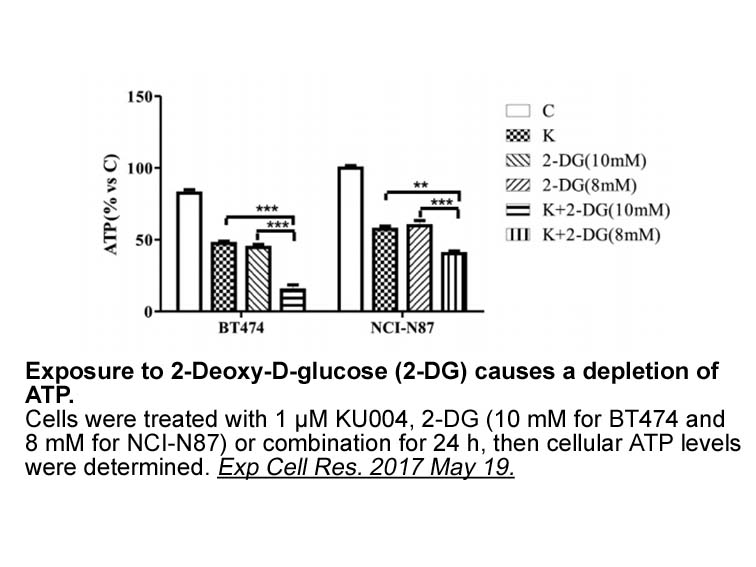Archives
Teicoplanin receptor Epigenetic inheritance is regarded as
Epigenetic inheritance is regarded as the genetic modification of Teicoplanin receptor that affects gene expression and related processes of other DNAs but does not directly change the DNA coding sequence [18]. Epigenetic inheritance includes DNA methylation, histone modification, and noncoding RNA expression, affecting some functions, such as individual biological metabolism, DNA repair capacity, and immunity [18,25]. Epigenetic abnormality often occurs in human cancers and is involved in the occurrence and progression of cancer, possibly representing a biomarker for cancer diagnosis and prognosis [9]. At present, the epigenetic event that has been most investigated is DNA methylation, the chemical covalent modification for cytosine. Changes in DNA methylation in lung cancer present as the hypermethylation of tumour suppressor genes [17,22]. Hypomethylation affects genome stability and induces high expression of oncogenes [10,12]. DNA methylation is a novel potential biomarker for lung cancer diagnosis and prognosis with high sensitivity and specificity [2].
In recent years, an increasing number of studies have paid more attention to the methylation of genes in lung cancer. It cannot be ignored that the factor that results in gene methylation serves as a modulatory factor for the potential carcinogenesis of lung cancer. It is of great significance for cancer progression, diagnosis, and prognosis to understand the regulatory roles of epigenetic modifying factors in methylation changes. As a method of genome modification, methylation is dependent on specific epigenetic modifying factors, including the regulation of methyltransferase [50]. Enhancer of zeste homologue 2 (EZH2) is a common methyltransferase. EZH2 overexpression is related to a poor prognosis of lung cancer. EZH2 is highly expressed in multiple cancers, such as cervical [28], mammary [14], prostatic [31], renal [45], gastric [15], and lung [51]. In lung cancer tissues, upregulated EZH2 is associated with histological differentiation, pathological tumour-lymph node metastasis staging and smoking history [5]. As an epigenetic modifying factor, EZH2 promotes the occurrence and progression of cancer by regulating downstream molecules via chromatin modifications, including epigenetic inheritance, stimulating a carcinogenic signal or silencing tumour suppressor genes [44].
Materials and methods
Results
Discussion
Genes with expression and methylation differences caused by changes in EZH2 expression were screened from lung adenocarcinoma methylation and expression profiles in TCGA database and considered EZH2 downstream regulation candidate genes. The methylation level affects the expression level and the methylation level is negatively correlated with the expression level [3,49]. According to classification by EZH2 expression, 337 genes showed opposite trends of expression and methylation changes, and 61 genes interact with EZH2, repr esenting EZH2 downstream regulation candidate genes. Subsequently, the changes in EZH2 methylation and expression were verified according to lung adenocarcinoma methylation and expression in the GEO database. In TCGA database, EZH2 expression led to increased CEP55 expression but decreased methylation. In the GEO database, CEP55 expression was downregulated, while its methylation was upregulated. Therefore, CEP55 was identified as the EZH2 downstream regulation gene.
According to TCGA database analysis, CEP55 differs in methylation and expression between the EZH2 overexpression and EZH2 downregulation groups. MethHC and UALCAN were adopted to further verify differences in the expression and methylation of CEP55 and EZH2 in lung adenocarcinoma tissues (TCGA database). Accumulating reports have paid increasing attention to the effects of the aberrant expression of EZH2 on lung cancer, even on lung adenocarcinoma [11,27,30,36]. At present, several studies have demonstrated that CEP55 is aberrantly expressed in various cancers, such as bladder cancer [40] and head and neck squamous cell carcinoma (HNSCC) [46]. Furthermore, CEP55 overexpression is regarded as an event in the early stage of cancer, and CEP55 is activated in precancerous and cancerous tissues in colon cancer [37]. However, few studies have focused on the role of CEP55 methylation differences in cancer, and changes in CEP55 methylation and expression in lung adenocarcinoma and its potential molecular mechanism remain poorly understood.
esenting EZH2 downstream regulation candidate genes. Subsequently, the changes in EZH2 methylation and expression were verified according to lung adenocarcinoma methylation and expression in the GEO database. In TCGA database, EZH2 expression led to increased CEP55 expression but decreased methylation. In the GEO database, CEP55 expression was downregulated, while its methylation was upregulated. Therefore, CEP55 was identified as the EZH2 downstream regulation gene.
According to TCGA database analysis, CEP55 differs in methylation and expression between the EZH2 overexpression and EZH2 downregulation groups. MethHC and UALCAN were adopted to further verify differences in the expression and methylation of CEP55 and EZH2 in lung adenocarcinoma tissues (TCGA database). Accumulating reports have paid increasing attention to the effects of the aberrant expression of EZH2 on lung cancer, even on lung adenocarcinoma [11,27,30,36]. At present, several studies have demonstrated that CEP55 is aberrantly expressed in various cancers, such as bladder cancer [40] and head and neck squamous cell carcinoma (HNSCC) [46]. Furthermore, CEP55 overexpression is regarded as an event in the early stage of cancer, and CEP55 is activated in precancerous and cancerous tissues in colon cancer [37]. However, few studies have focused on the role of CEP55 methylation differences in cancer, and changes in CEP55 methylation and expression in lung adenocarcinoma and its potential molecular mechanism remain poorly understood.